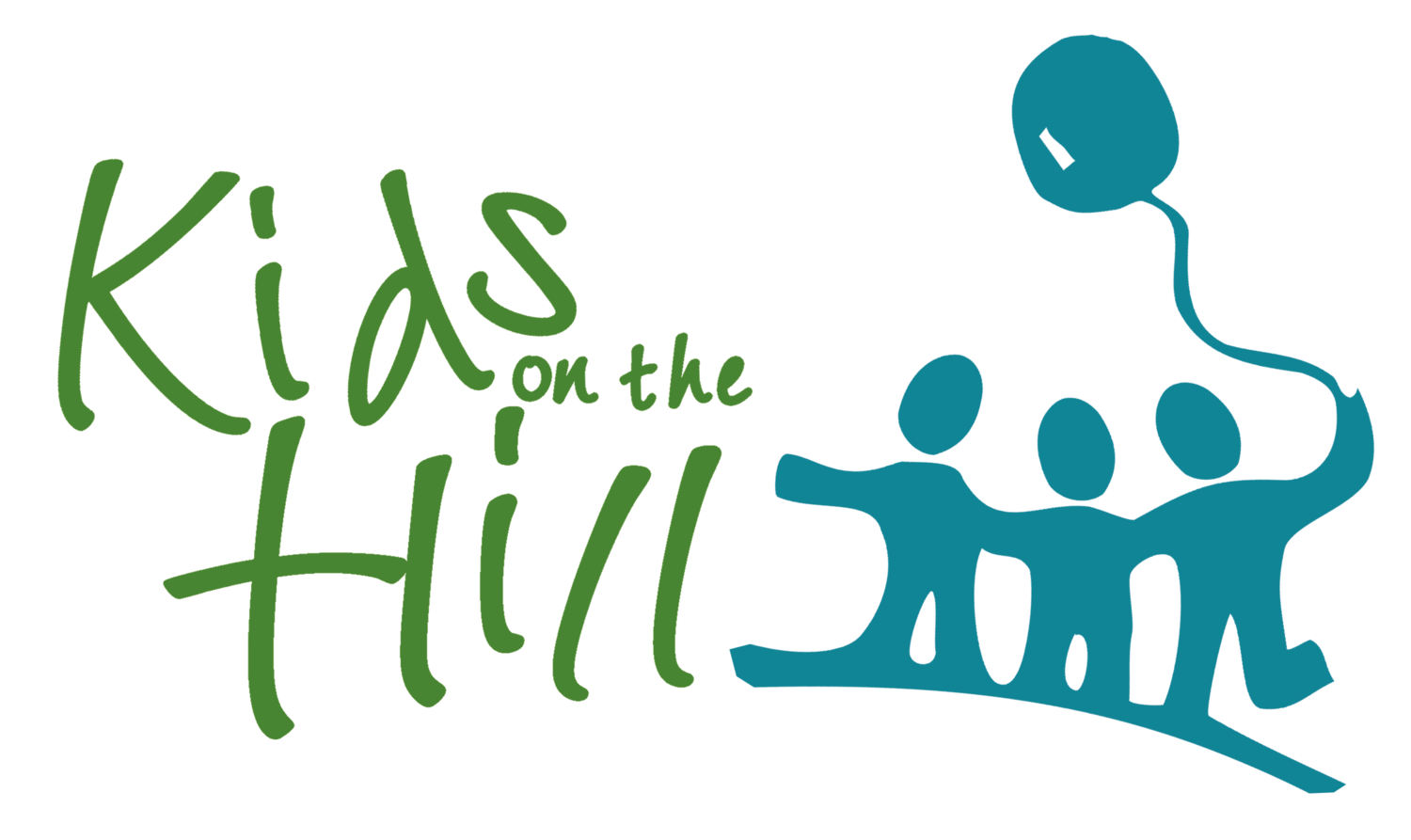Curriculum
Our curriculum strives to foster the growth of each individual child’s developmental milestones through inter-connected activities. A theme or project is used as a framework to thoroughly prepare the learning environment and organize a diverse curriculum that facilitates learning in the following areas:
- Large Motor skills – Balancing, throwing and catching balls, riding bikes, climbing, skipping, movement for body awareness
- Small Motor Skills – Use of manipulative items, puzzles, cutting, gluing, drawing, sewing, play dough
- Language Arts – Children’s literature, puppet shows, storytelling, children’s own stories, creative dramatics, vocabulary enhancement, listening and speaking
- Art – Exploring as many creative mediums as possible, paint, collage, clay, textures, 3-dimensional projects and cooperative mural making
- Music – Songs, finger play, instruments, introducing a wide variety of music forms
- Cognitive Development – Concepts of learning: sequencing, classification, comprehension, use of prediction and thinking skills
- Science – Opportunities with natural and physical sciences, hands on experimentation, care of the environment, gardening
- Life Skills – Sharing, cooperation, manners, following directions, self help and resolving social conflicts
Our curriculum projects may be based on seasonal life, a chosen subject, a holiday or celebration, a story or piece of children’s literature or an emerging interest of the children themselves. Each teacher plans and implements the curriculum for the particular class and individual children that are in their care.

